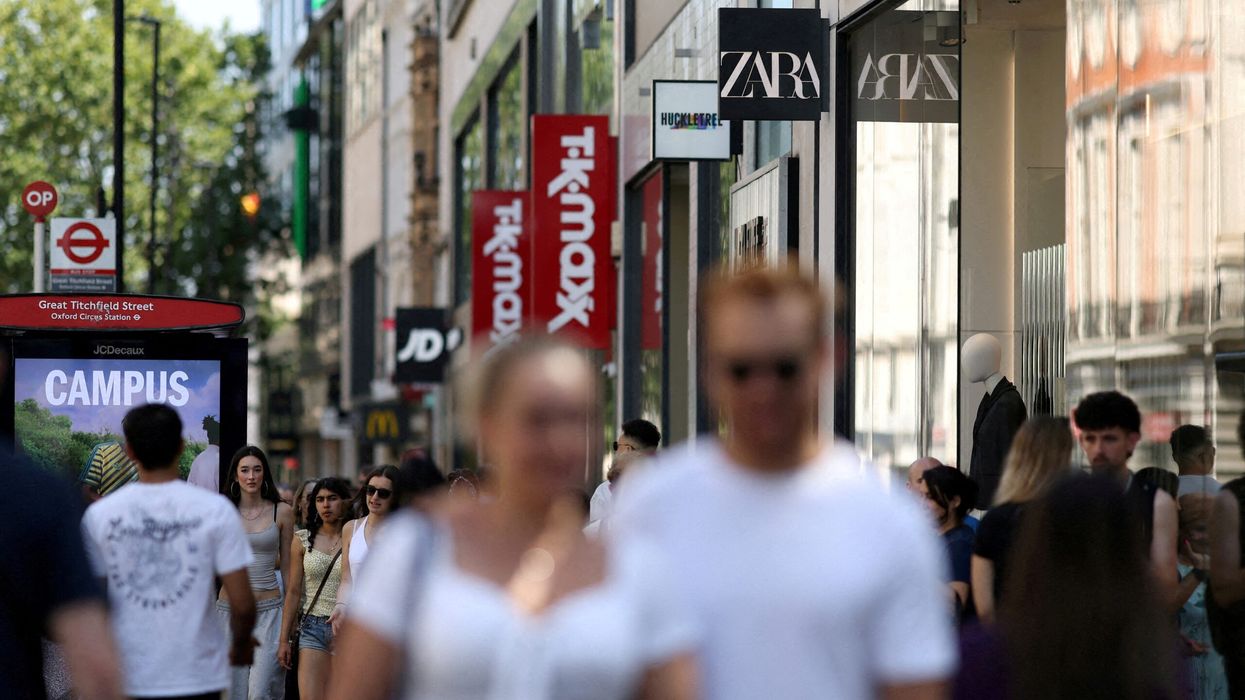THE ECONOMY showed no growth in July, according to official data released on Wednesday, marking a setback for the newly elected Labour government, which has prioritised economic expansion.
The Office for National Statistics (ONS) reported that Gross Domestic Product (GDP) remained flat in July, following similar stagnation in June. Analysts had expected a slight increase in growth for July, but the data revealed otherwise. Previous figures also indicated that the economy grew at a slower pace in the second quarter compared to the first.
Keir Starmer's Labour government took office at the start of July, ending 14 years of Conservative leadership.
"I am under no illusion about the scale of the challenge we face and I will be honest with the British people that change will not happen overnight," said Chancellor Rachel Reeves in response to the new data.
"Two quarters of positive economic growth does not make up for fourteen years of stagnation," she added. "That is why we are taking the long-term decisions now to fix the foundations of our economy."
Reeves has committed to imposing strict controls on public finances to address what she describes as a £22-billion shortfall inherited from the previous Conservative government. She has also suggested that taxes may be increased in her first budget, due at the end of October, to help close the financial gap.
The government has already announced plans to end fuel benefits for millions of pensioners as part of its cost-saving measures.
However, the government received positive news from Amazon, which announced an £8-billion investment in Britain over the next five years. This investment, through Amazon Web Services, is expected to create thousands of jobs.
"We are taking the long-term decisions now to fix the foundations of our economy, including today's announcement... from Amazon Web Services, that will help rebuild Britain and make every part of the country better off," Reeves said.
Amazon’s investment in data centres across the UK could contribute £14 billion to the country's GDP and support more than 14,000 jobs annually in the supply chain, according to the company.
Danni Hewson, head of financial analysis at AJ Bell, said the government's ability to attract investments like Amazon’s is a positive step. However, she cautioned that with speculation surrounding next month’s budget, further efforts will be needed to encourage more business investments in the UK.
(With inputs from AFP)




